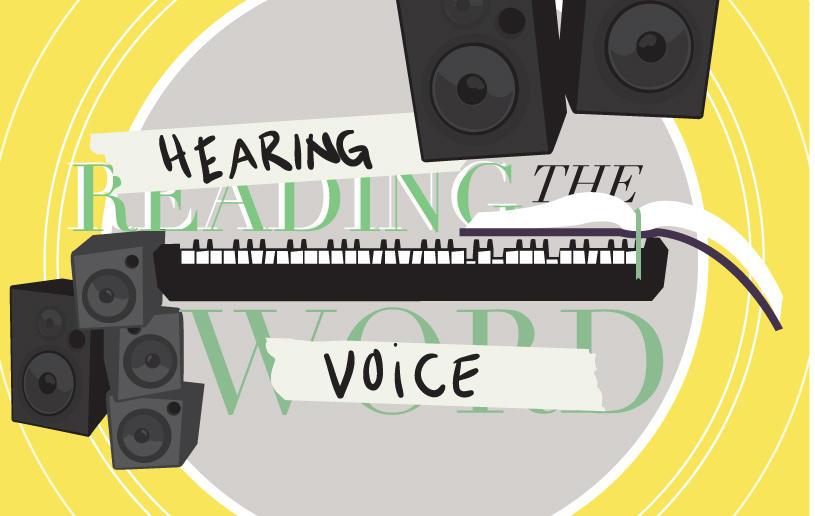
I am a preacher. When asked to do a Bible study, you'll get a three point outline jammed with historical insight, mined from biblical languages targeted at cultural context; all of it framed by a good joke at the beginning and an emotional poem at the end. It would be familiar, not because you've heard it before, but because this is how you've heard it done. Bible preachers, teachers, and readers tend to approach the Bible solely as a source of information, looking for instructions or directions. We employ a Google methodology, hoping for instant answers. That's what we do; but there's another way.
For centuries the Church has practiced a discipline called Lectio Divina. The Latin phrase means “divine reading” and while the phrase may be new to you, it's not owned by any particular denomination or generation. It's a way of reading that allows Scripture to saturate our souls—to transform as well as inform us. In his publication “Eat This Book” Eugene Peterson suggests Lectio Divina as a means to “rehydrate the Scriptures.” It is less about underlining words, connecting repeated phrases or jumping to the footnotes. It's being attuned to the Voice of God. Here's a metaphor to clarify the difference.
To play the piano, you have to practice scales. Many of you invested hours to perfect your technique. Eventually the scales turned into tunes and melody became music. Learning the basics was essential, but no one believes that arpeggios are the final goal. We practice scales so we can hear the song. When we open the Bible looking only for information, we are still doing the scales. Lectio Divina tunes our hearts to the refrain of God. How?
Lectio Divina recognizes that the Word lives.
The Bible isn't just ink on a page, but a conduit of the Spirit. It is not ours to dissect, summarize, manage, or control. It presides over us. With Lectio Divina we read smaller amounts and take more time to do it. When I asked our church board to hover over the same short Psalm for a week, they wanted to run off to other portions after the first day. Yet each one came to discern God speaking to their hearts. Lectio Divina reminds us that the Bible is not a text, but a Voice.
Lectio Divina listens for God's personal address.
His Voice is not generic. God knows our names, our lives, and our needs. When we approach the Scriptures as a manual, we look for answers, hunt for principles, and consider commands. Of course that's needed! Yet, too many times we reap a full head and empty heart. Lectio Divina invites us to hear God's Voice (take time to listen), to grip His Word (retained by meditation), to engage in conversation (echo His Word in prayer) and to live contemplatively (observe His presence in the routine of living). Lectio Divina presents open lives before an open Word and we are changed.
Lectio Divina makes space for God's mystery.
The fact that God speaks does not mean we're granted every answer. I have questions that God chooses to ignore. There is information that I want but am denied. God speaks by His wisdom and will. We have to allow for mystery. We listen for God, not demanding that He speak, or becoming cynical through the silence. In Lectio Divina we wait for God to speak as He wishes and find that it matches what we need.
I recognize that some who've read thus far, are looking for me to present Lectio Divina in six easy steps. We're prone to develop procedures and become confused without them. Yet, Lectio Divina is not so much a method of Bible study, as it is a disposition before God and the Scriptures. What disposition? Take your time. Listen with your heart. Open your whole life. Accept the mystery. God is speaking.

